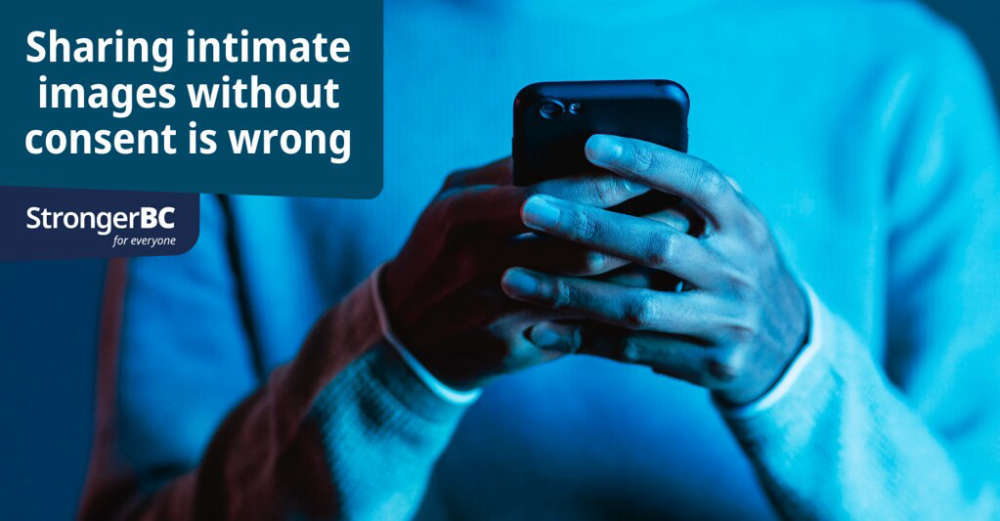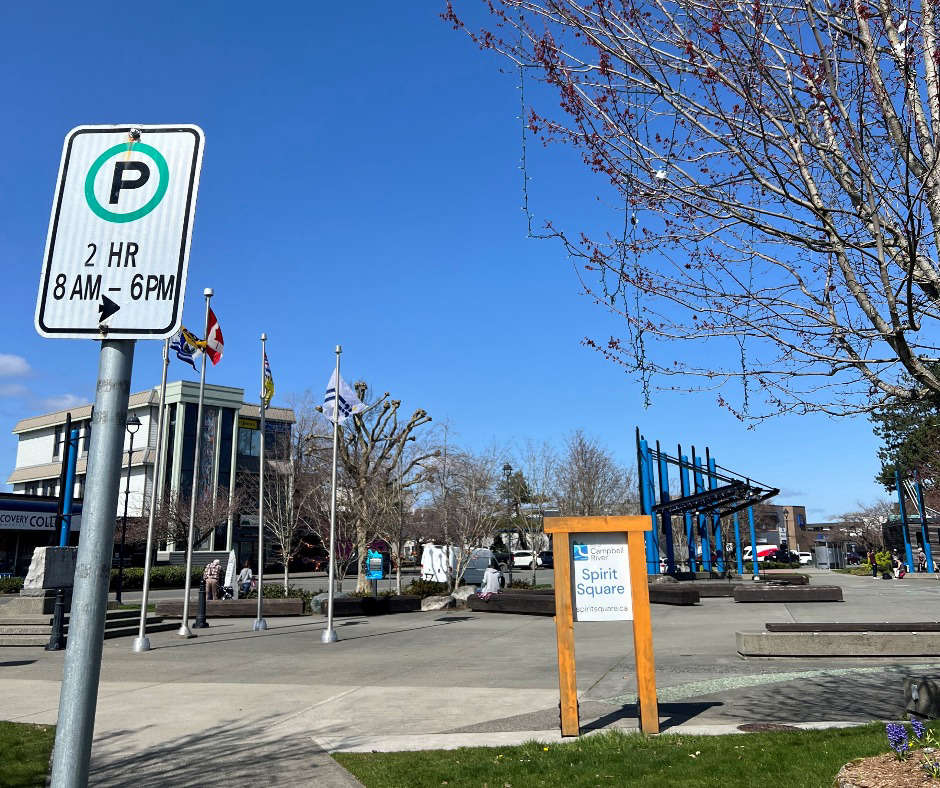
The province of B.C. has introduced legislation to better protect people from the effects of having their intimate images shared without their consent.
The legislation, the intimate images protection act, also improves access to justice for survivors of sexualized violence.
“Having your intimate images shared without your permission is a betrayal that can have devastating impacts,” said Niki Sharma, Attorney General.
“Victims are often too ashamed to come forward and those who do are met with limited, complex, and expensive legal options. We are building a path to justice for people to regain control of their private images and hold perpetrators to account.”
Incidents of sharing intimate images without consent are under-reported due to stigma, embarrassment, and a prevailing presumption that there's no meaningful avenue for justice.
However, research indicates the numbers are increasing.
If passed, the legislation will create a new, fast-track process for getting a legal decision that an intimate image was recorded or distributed without consent and will also offer a clearer, legal avenue for lawsuits to seek monetary damages for harms suffered.
To support the legislation, the Civil Resolution Tribunal is working to expand its online portal to help people define their legal issues, provide information on their rights, access immediate self-help tools to begin remedial action and connect to community and mental-health supports.
To view the full release, visit Government of British Columbia.

 First Nation Leadership Council Calls For Conservatives To Pull North Island-Powell River Candidate
First Nation Leadership Council Calls For Conservatives To Pull North Island-Powell River Candidate
 North Island-Powell River All Candidates Debate At Sunday At Tidemark Theatre
North Island-Powell River All Candidates Debate At Sunday At Tidemark Theatre
 Cumberland Residents Are Encouraged To Report Incidents To The RCMP
Cumberland Residents Are Encouraged To Report Incidents To The RCMP
 Training Exercise Today At 19 Wing Comox And Seal Bay Nature Park Area
Training Exercise Today At 19 Wing Comox And Seal Bay Nature Park Area
 Campbell River Extends Downtown Parking Time Limits
Campbell River Extends Downtown Parking Time Limits
